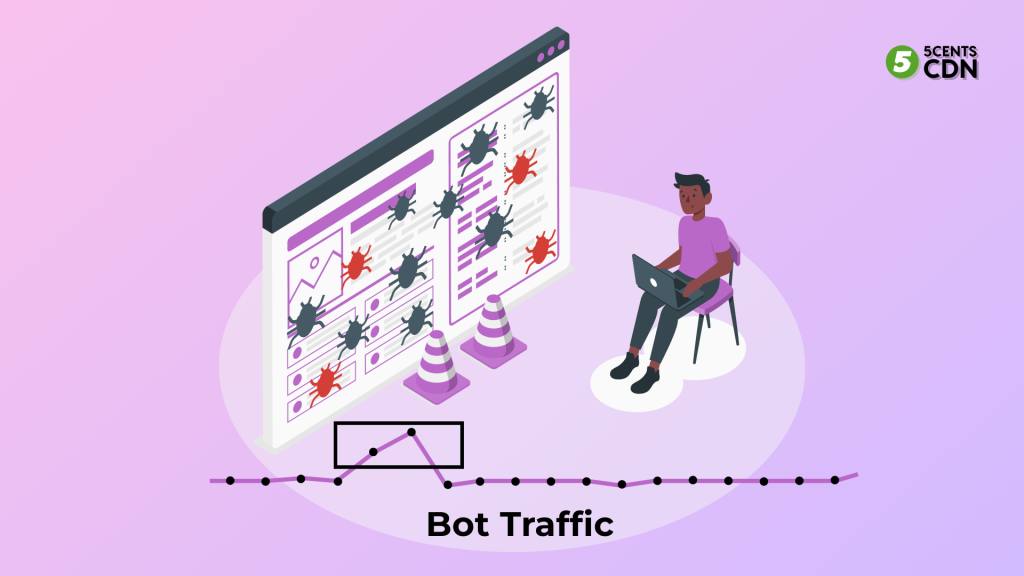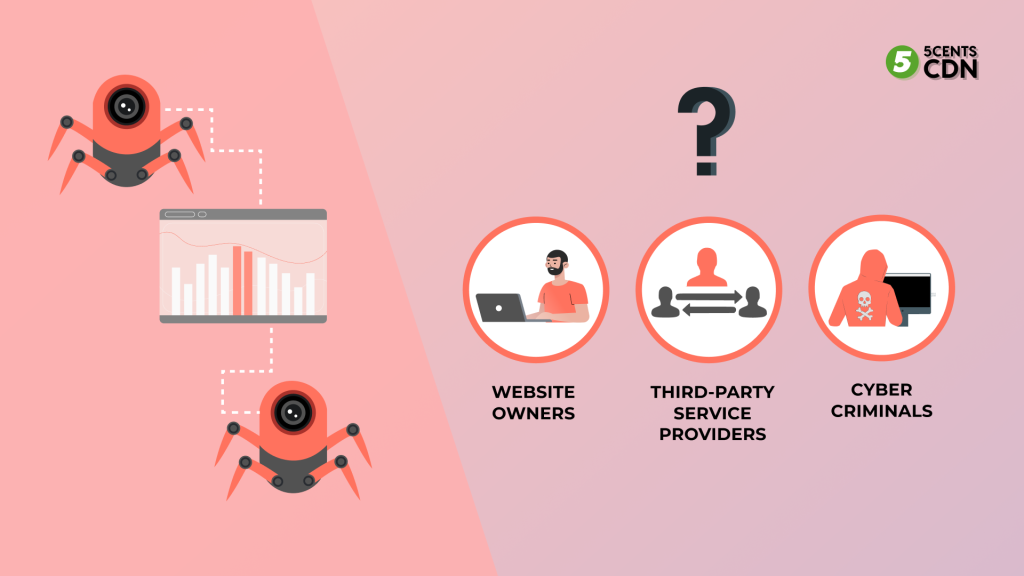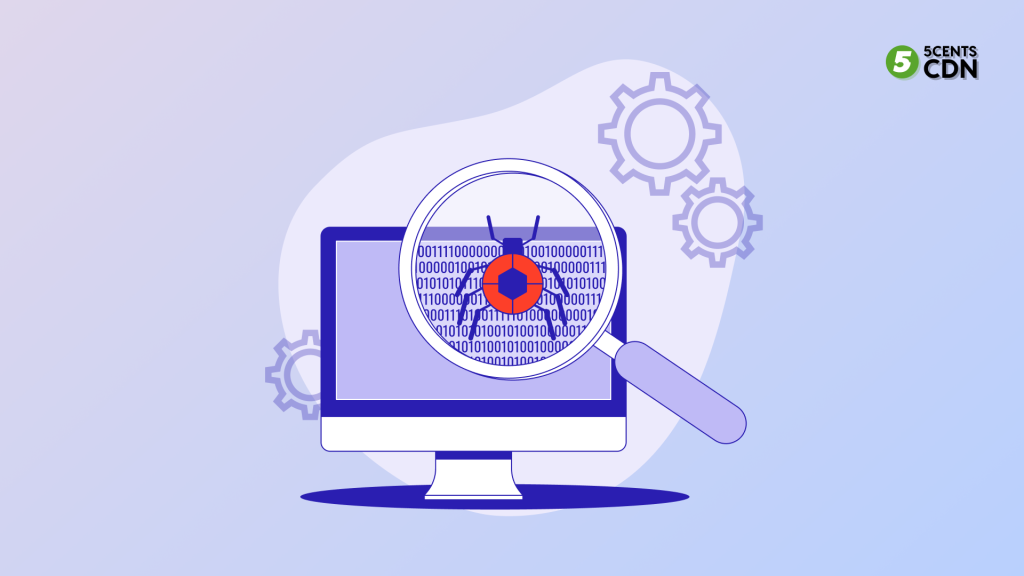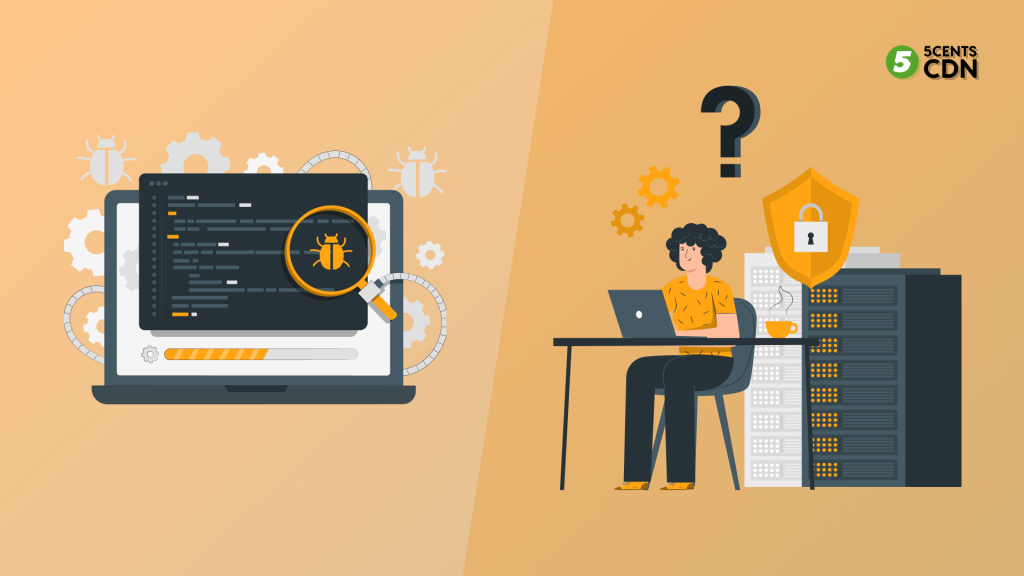Introduction:
As websites continue to play an increasingly important role in our daily lives, the need for businesses to ensure their online presence is optimized is greater than ever before. One major challenge that website owners face is bot traffic, which can significantly impact website performance, affect user experience, and even cause financial losses.
In this article, we will explore the issue of bot traffic and answer the questions of who is responsible for bot traffic, and who should manage it. We will also discuss the importance of bot management and offer some tips on how to manage bot traffic effectively.
What is Bot Traffic?
Bot traffic refers to website visits that are made by automated software programs, also known as bots. These bots are designed to perform specific tasks, such as crawling and indexing web pages for search engines, testing websites for vulnerabilities, or scraping data from websites.
While some bots are legitimate and serve a useful purpose, such as search engine bots, others are malicious and can cause significant harm to websites. Malicious bots can overload servers, steal data, or engage in fraudulent activities, such as click fraud or spamming.

Who is Responsible for Bot Traffic?
The responsibility for bot traffic can vary depending on the specific circumstances. In some cases, website owners themselves may be responsible for the bot traffic if they have deployed bots to crawl or test their own website.
In other cases, the responsibility may lie with third-party service providers, such as web hosting companies or content delivery networks (CDNs). These providers may use bots to monitor and manage their networks, which can result in bot traffic being directed to your website.
Additionally, bot traffic can be the result of cyber criminals who have deployed malicious bots to target websites for various reasons, such as stealing sensitive data or conducting phishing attacks. In such cases, the responsibility for bot traffic falls on the cybercriminals themselves.

Why is Bot Management Important?
Bot management is important because it helps website owners maintain website performance and protect against malicious bots. Bot traffic can negatively impact website performance by consuming server resources, causing slow page load times, and reducing the overall user experience.
Additionally, malicious bots can cause significant harm to websites by stealing data, engaging in fraudulent activities, or compromising website security. Effective bot management helps prevent such attacks and ensures that websites remain secure and protected.

Who Should Manage Bot Traffic?
The responsibility for managing bot traffic can vary depending on the specific circumstances. In general, website owners should take an active role in managing bot traffic by implementing effective bot management solutions.
Some of the key tasks involved in bot management include:
- Identifying bot traffic: Website owners should use tools to identify and differentiate between legitimate and malicious bot traffic.
- Blocking malicious bots: Website owners should use tools to block malicious bots and prevent them from accessing their website.
- Allowing legitimate bots: Website owners should allow legitimate bots, such as search engine bots, to crawl and index their website.
- Implementing bot management solutions: Website owners can use various tools and solutions, such as web application firewalls (WAFs), to manage bot traffic effectively.
- Monitoring bot traffic: Website owners should continuously monitor bot traffic to ensure that their bot management solutions are effective and to detect any new threats.
All these tasks can be hard to perform when done manually, It is suggested to use bot management services like Delivery Acceleration Plus, which doesn’t only manages the bot traffic but help accelerate your website and web application, moreover, it also secures your web applications against various cybersecurity threats like DDoS, etc.

Conclusion:
In conclusion, bot traffic can significantly impact website performance, affect user experience, and cause financial losses. It is important for website owners to take an active role in managing bot traffic and implementing effective bot management solutions.
While the responsibility for bot traffic can vary depending on the specific circumstances, it is ultimately the responsibility of website owners to ensure that their website remains secure and protected from malicious bot traffic. By implementing effective bot management solutions and continuously monitoring bot traffic, website owners can maintain website performance and protect against potential threats. It is important to stay up-to-date with the latest trends and technologies in bot management to stay ahead of potential threats and ensure that your website remains safe and secure.